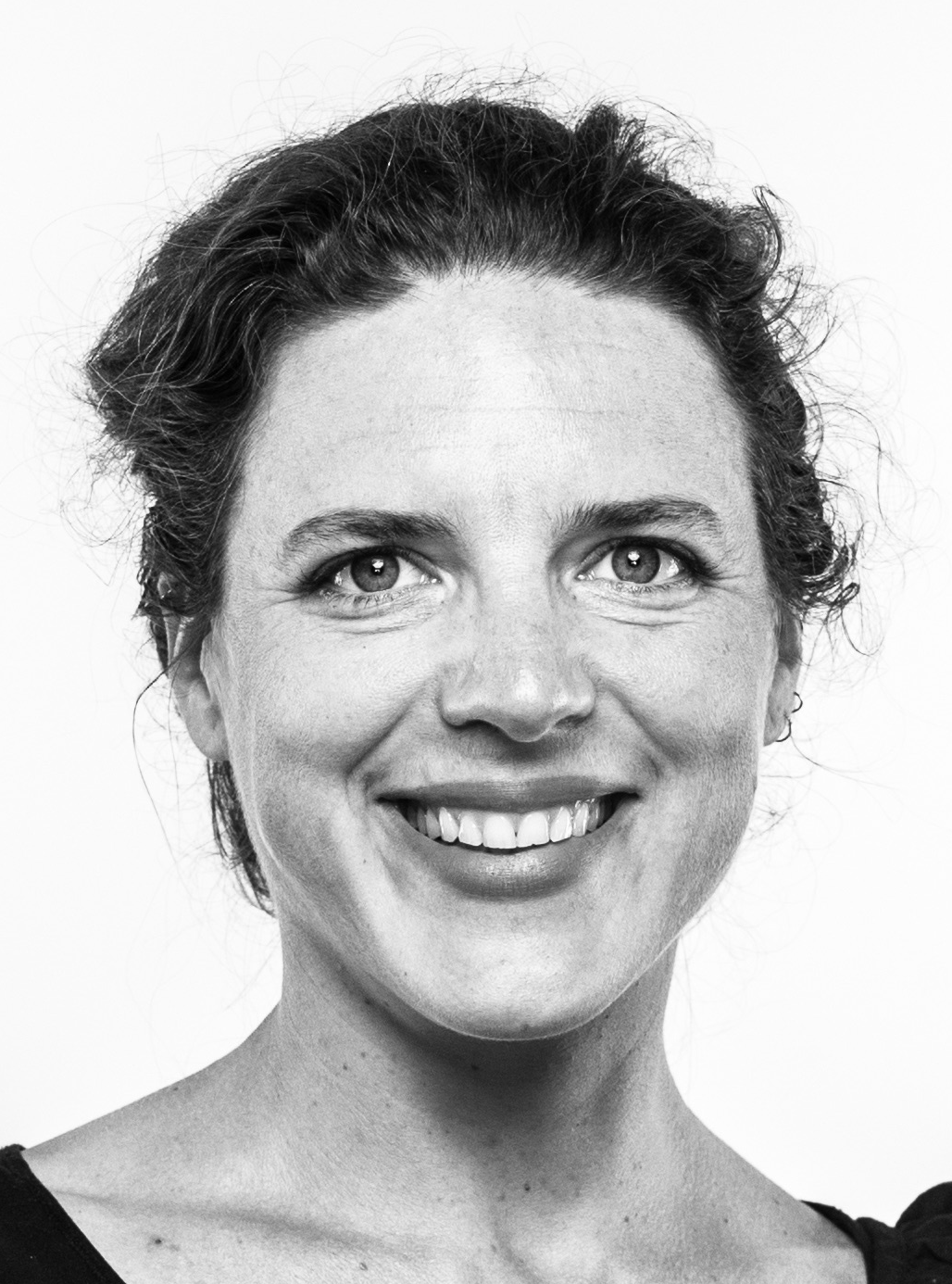
Sophie Raynor
- sophie.raynor@jcu.edu.au
 https://orcid.org/0000-0002-0158-8438
https://orcid.org/0000-0002-0158-8438- Lecturer, Mathematics
Projects
0
Publications
3
Awards
4
Biography
I am a theoretical mathematician whose work seeks to understand the most fundamental (abstract) features of structures and systems in nature, information, and mathematics.
I also have a keen interest in mathematical capacity building for the regions, particularly with a view to future technologies. I am an elected member of the governing Council of the Australian Mathematical Society, in recognition of my advocacy for regional mathematics.
In a world full of pressing problems, the value of pure (as opposed to applied) mathematics is not always immediately obvious. Yet most of my work has been motivated by real-world scientific questions like: " how does global data about the brain (e.g., from fMRI scans) relate to microscopic local information about individual neurons and their connections?". Or, more generally: " can we find general theoretical principles that underly inter-scale relationships and emergent properties in complex networked systems?".
My past research has developed novel methods to solve a long-standing foundational problem related to the mathematics underlying networks with cycles (or feedback loops). Current research builds on those foundations to investigate the algebra and geometry fo such systems. By sudying the fundamental mathematics underlying complex networks, we can hope to develop new solutions to a range of (environmental, social and technological) challenges: for example, towards improving efficiency and interpretability of AI algorithms.
Together with Greg Boyle, and supported by the University of Oxford and Quantinuum, I have piloted Quantum in Pictures for a diverse cohort of students at JCU. this unit, based on cutting-edge quantum research (using mathematical techniques from my own area of expertise), exposes students of all levels to areas of contemporary mathematics that are increasingly relevant for quantum, AI, and other strategive priorities.
Inspired by JCU's unique location and local expertise, I have recently started projects -- in collaboration with reef scientists at JCU and the Queensland Museum Tropics and European Colleagues -- to develop new geometric tools for coral classification and reef conservation.
If you are a student interested in learning more about any of these themes, or simply fascinated by shapes, patterns, or abstract maths in general, then please get in touch.
I subscribe to Frederico Ardila's Axioms for Mathematics and recognise the high concentration of mathematical talent -- that is independent of previous mathematical experiences -- among our student cohort. As a teacher, my main focus is on creating genuine opportunities to for all students to participate and excel as mathematical agents. I welcome questions and conversations on all aspects of inclusion in mathematics.
Research
Research Interests
Generalised operad theory and diagram categories. With focus on modular operads and geometric and algebraic approaches to higher structures.
New geometric methods in coral classification and reef conservation.
Fundamental mathematics and real-world challenges. Applications of (modular) operads in computing and data science.
